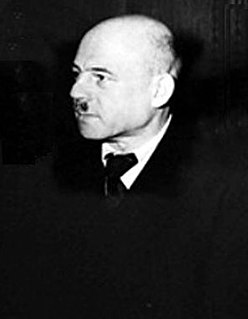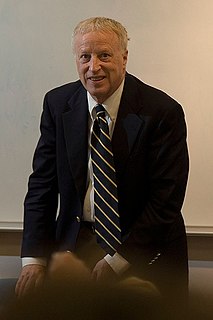A Quote by Chrystia Freeland
Plutocrats were the chief beneficiaries of so-called neoliberalism and the suite of political changes it brought beginning in the late 1970s - deregulation, weaker protection for unions, the shareholder value movement, and the subsequent inflation of executive compensation.
Related Quotes
Significant changes in the growth rate of money supply, even small ones, impact the financial markets first. Then, they impact changes in the real economy, usually in six to nine months, but in a range of three to 18 months. Usually in about two years in the US, they correlate with changes in the rate of inflation or deflation."
"The leads are long and variable, though the more inflation a society has experienced, history shows, the shorter the time lead will be between a change in money supply growth and the subsequent change in inflation.
I would be uncomfortable raising the federal funds rate if readings on wage growth, core consumer prices, and other indicators of underlying inflation pressures were to weaken, if market-based measures of inflation compensation were to fall appreciably further, or if survey-based measures were to begin to decline noticeably.
Ideally there should not be a men's movement but a gender transition movement; only the power of the women's movement necessitates the temporary corrective of a men's movement. And this creates a special challenge for men: There are few political movements filled with healthy people, yet few healthy changes have occurred without political movements.
I was an advocate of the deregulation movement and I made - along with a lot of other smart people - a fundamental mistake, which is that deregulation works fine in industries which do not pervade the economy. The financial industry undergirded the entire economy and if it is made riskier by deregulation and collapses in widespread bankruptcies as what happened in 2008, the entire economy freezes because it runs on credit.
The Tea Party movement started in late 2008 as a rejection of President George W. Bush's bailout of the auto industry and Obama's excessive stimulus spending. It evolved into a movement opposed to ObamaCare, and grassroots efforts were employed to find qualified political candidates who could beat incumbents.



































